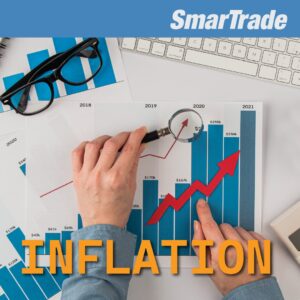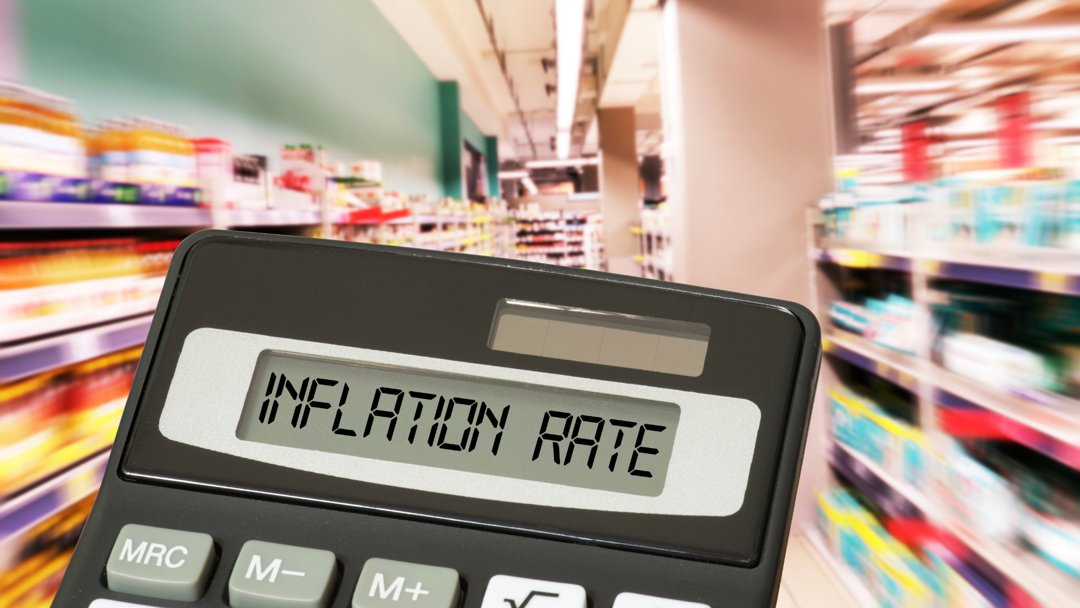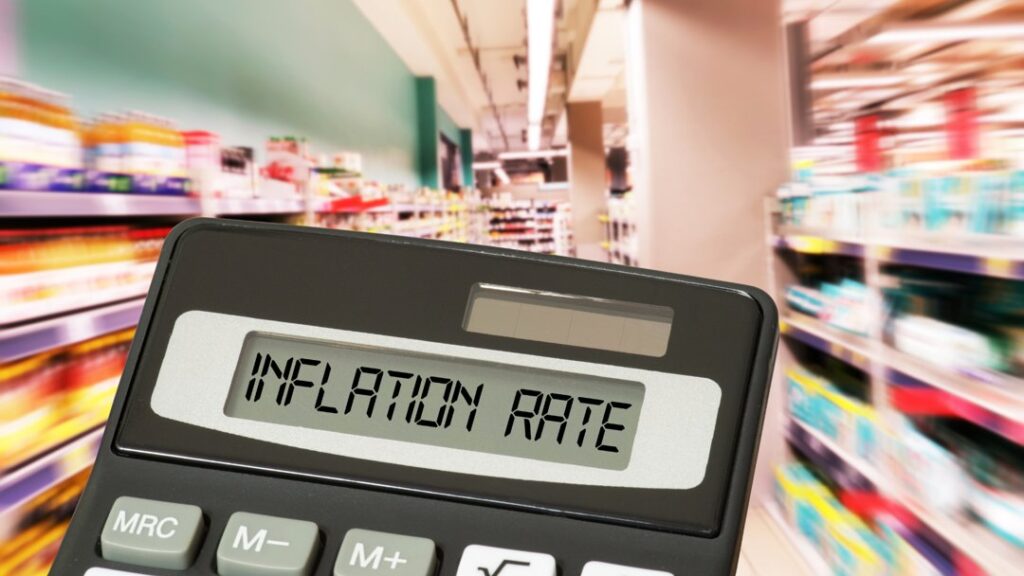Inflation

Why Too Much Money Chases Too Few Goods and Services
When there are too many consumers chasing too few products and services, inflation happens. When this happens, the prices will rise. The higher prices get, the less purchasing power people have because their money doesn’t buy as much stuff. This vicious cycle can spiral out of control until the economy collapses, leaving the country with almost no purchasing power and little hope of recovery. Luckily, there are some things you can do to reduce your risk of inflation and even profit from it along the way!
What is inflation?
Inflation is an increase in the price level over a period of time. It is when a consumer has to pay more for goods and services than they previously paid. Consumer experiences inflation if they need to pay more to acquire certain goods or services, such as food, clothing, or housing. When there is no enough supply of products available in relation to the demand, prices rise in order to make them more attractive to people who are willing to buy them.
What causes inflation?
Inflation occurs when too much money chases too few goods and services. Let’s think about that for a moment. If there’s more money floating around but not any goods or services to spend it on, it won’t be long before prices start rising to accommodate all of
that extra currency looking for a home. Put another way, inflation is what happens when you can’t find your favorite shirt at Uniqlo anymore because they’ve raised their prices in response to having more money in their tills than they know what to do with. Eventually, though, those price increases will have an effect on customers—especially if people don’t see their wages go up accordingly—as they’ll start buying less because things are getting too expensive.
How does inflation affect me?
People feel it in their wallets; when prices rise, what you have in your wallet doesn’t go as far. Most people are affected by inflation through higher costs for food, gas, clothing, and other consumer goods. But there is a more subtle impact as well; because prices of
consumer goods are rising, businesses need to raise their wages to keep employees from taking their business elsewhere (assuming they can find other jobs). Higher wages mean higher tax bills for governments that collect taxes from workers’ paychecks. And governments may have to raise taxes on everyone else just to stay afloat financially. You probably won’t notice those changes right away, but over time they can be significant. This will also affect traders in the currency trading market due to the weaker valuation of Philippine PESO, hence decreasing their earnings.
How can I protect myself from inflation?
There are two main things you can do to prepare for inflation. The first is to make sure that you are living below your means. That is, try not to spend more than what you earn (unless it’s an investment of some sort). With deflation, it may be challenging to get by
simply acquiring more because prices will decrease as well. But with inflation, if you are living below your means and saving money, then at least you will have something extra in case prices increase dramatically. The second thing is inflation-proofing your
investments by buying assets that don’t go down as much when there’s inflation (like stocks or real estate). By doing both of these things before/as inflation happens, it won’t cause such a huge shock on your finances as other investments would have.
Can governments stop inflation?
Governments can attempt to stop inflation in two ways. First, they can take measures to increase employment by encouraging businesses to hire more workers or increasing government spending. Second, they can reduce bank lending by raising interest rates on loans so banks will have less money available for lending purposes. This is usually done with a higher-than-normal reserve requirement placed on banks. Government actions will have little effect if private demand remains high. If consumer demand remains high, businesses that are cash-rich will start investing again and their investments will increase production capacity, which drives up prices because there are now more goods chasing too few consumers willing to buy them at current prices.
All investments involve some degree of risk. If you intend to purchase securities – such as currencies, commodities, stocks, bonds, or mutual funds – it’s important that you understand before you trade forex that you could lose some or all of your money. Do you want to know more about trading currency and investing? There are more than enough learning sessions to get you started, regardless of your learning style. With Smartrade, you can pick from experienced-led courses and study at your own speed, with lifelong access to free forex training and one-on-one coaching. You’ll also learn the fundamentals of day trading forex, CFDs, Stocks, and Commodities. Learn more about Smartrade and get started right away.


